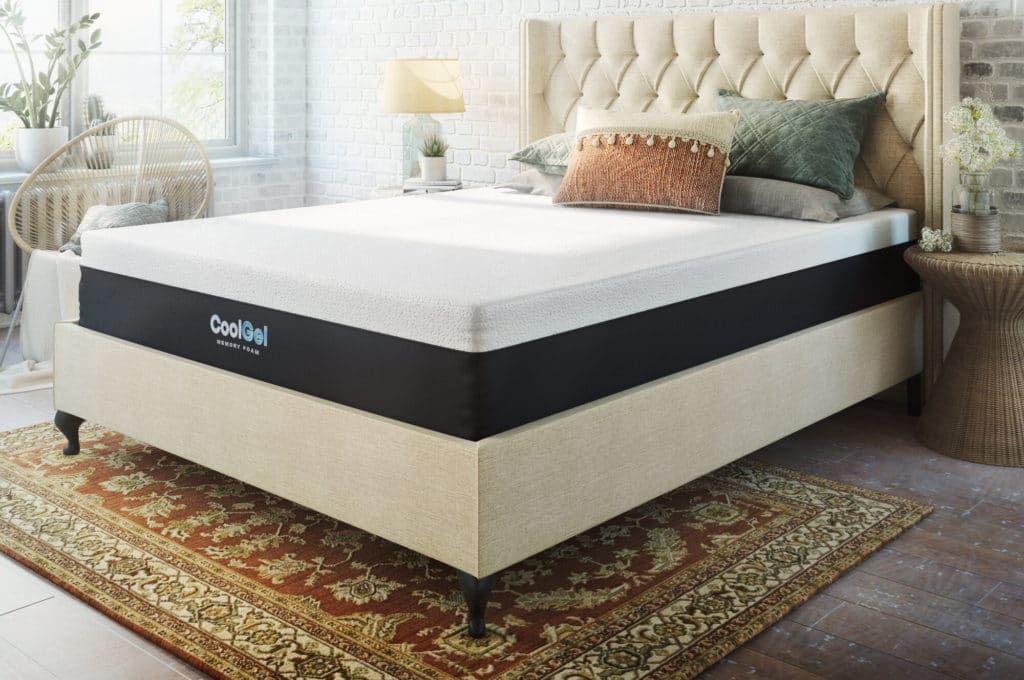

Sleep is essential to a healthy life, and while this statement has become a cliche, millions of Americans continue to suffer from a lack of sleep. Research suggests that as much as 75% of American adults Trusted Source Sleep Statistics: Data About Sleep Disorders | American Sleep Association ASA’s thorough list of sleep statistics related to sleep disorders, sleep deprivation & needs by age group reveals public health consequences. Learn more. www.sleepassociation.org have some sort of sleeping problem or disorder. In fact, a study by the National Safety Foundation showed that more than 60% of people experience daytime sleepiness Trusted Source Fatigue: Research - National Safety Council A lot of research exists in the areas of sleep deprivation and fatigue. The National Safety Council has compiled some of that eye-opening information here for you to share. www.nsc.org , which not only made them unhealthy but also caused a lack of productivity. Internet search data also shows that people are searching for content like how to fall asleep quickly, how often you should change your mattress, what kind of mattress to use, etc.
Of course, any number of factors can influence a lack of sleep, from medical conditions to the kind of mattress to sleep on. So before you get sleeping pills prescribed or buy some fancy “sleep-inducing” products online, it’s a good idea to take stock of the kind of surface you sleep on. In the following paragraphs, we talk about how often you should replace your mattress.
Comfort is the first and foremost factor to consider whether your mattress needs to be replaced or not. But comfort is a subjective factor varying from one person to another. In fact, it is often seen that people adjust to discomfort because they don’t want to bear the cost or hassle of replacing their mattresses.
In addition to this, a mattress or a bed may seem comfortable in the store, but then it doesn’t perform well at home. One way to gauge the comfort level of your mattress is to compare the quality of sleep you get when you sleep on your own bed as compared to a hotel room or a friend’s guest room.
On a technical note, the upper part of your mattress comprises “comfort layers”. These layers support your body and provide pressure relief. Yet, the comfort layers of a mattress can break down over time, and this may result in an uncomfortable sleep. A replacement may be in order.
Secondly, a sagging mattress may also call for a replacement. Unless you are sleeping on a waterbed, all mattress materials are subject to sag over time, whether you have a hybrid mattress or a memory foam bed. And this can be clearly observed under your sleep area or even at the edges of the bed. If you notice a dent in your mattress in the shape of your body, that’s a sign that your mattress is significantly worn-out, and the springs, fiber, form, and pillowtop materials are damaged.
The deeper the sagging, the more discomfort you will experience while lying on the bed, resulting in a poor quality of sleep. Moreover, saggy mattresses are also a major cause of aches and pains. And the level of sagging is a major determinant of how often you should replace your memory foam mattress.
Moving on, you should also analyze your partner’s sleep when thinking about how often to replace your mattress. If your partner continually tosses and turns during sleep, it will also deplete your nighttime experience even if there are no problems at your side of the bed! So if your path complaints or shows signs of inadequate sleep, that is also an indicator that you need to look for a new mattress.
This ties in with what we discussed about the comfort level of your mattress. A lot of people find that they sleep better in a hotel/guest room or any other bed outside their own home, and this is a sign that the mattress at home isn’t performing. This can be true of a new mattress as well as an old one. In both cases, a replacement may be in order.
Among all the factors listed in this article, perhaps none is more accurate than this one when it comes to how often you should change your bed mattress.
The basic rule of thumb base to change your mattress at least every five years. Of course, this is not the sole criterion. If your bed is comfortable and in good condition after five or six years, you should probably wait some more before you finally do away with it. In a similar vein, you should monitor your mattress’s health every 6 to 12 months to detect signs of wearing.
Researches show that the average lifespan for a mattress is around 8 years. But this varies with the manufacturer, the type of mattress, and other factors like whether you sleep alone or with the partner (or how much activity your mattress gets on average).
Moving along, if you experience an uptake in allergy or asthma symptoms (and it’s not allergy season), your mattress might be the culprit. Not many people know this, but a mattress can be a breeding ground for dust mites.
The dust mites and the dust itself can cause allergic reactions. In such a case, you should go beyond regular bed cleaning and try vacuuming, steaming, and flipping your mattress. But if this doesn’t reduce dust and mites and your symptoms continue, a new mattress might be the solution.
There are a couple of other factors that can help you decide how often to replace your bed mattress. For instance, you should replace a mattress that does not offer proper support and alignment. A mattress should support your spine’s natural s-curve when you are sleeping on your back or on your stomach, and it should also keep your spine straight when you are sleeping on your side.
In many cases, changing your pillow can also help to improve spinal alignment, but if you can slide your hand between the gap of your body and mattress, then the issue lies with your bed.
Finally, lifestyle changes may also call for a new mattress. Not to body shame, but if you have gained weight over the years, your current mattress may not offer the same type of support that you experienced previously. Moreover, if you were previously sleeping alone, but now you have a partner or a co-sleeper, then once again, you may think about replacing your mattress.
To sum up, all mattress materials degrade over time. But even if the quality of mattresses is not degraded, you may still go for a replacement if you are not feeling comfortable enough, if you are not getting the right support for your spine, or if you are experiencing other health issues.
You can use the criteria listed in this article to determine how often you should change your mattress. There is an infinite number of mattresses available on the market varying by manufacturer, price point, features, materials, etc.
Of course, you can narrow down your search through a specific criterion. For example, you can check out GravityLux by Winkbeds. If you have recently found a partner or a co-sleeper, this mattress offers couples both motion isolation and responsiveness. Or you can go for a hybrid model such as the Brooklyn Signature Hybrid Mattress.
The point is to be an informed customer and look at a variety of options before deciding on a mattress.





